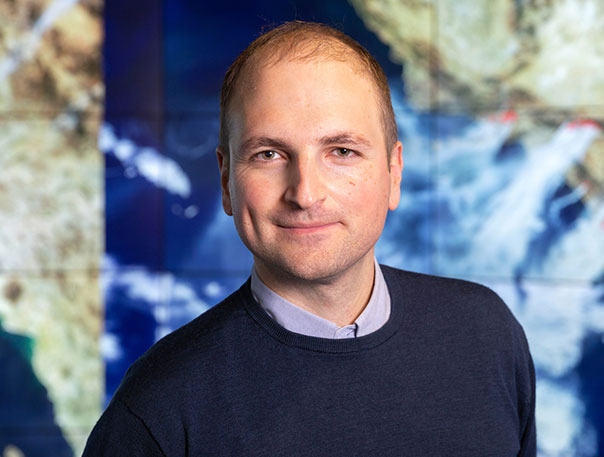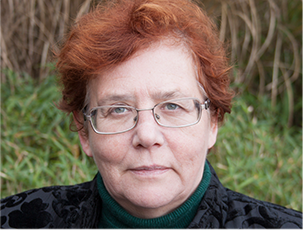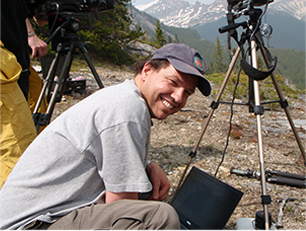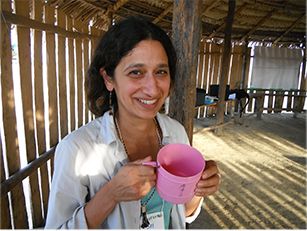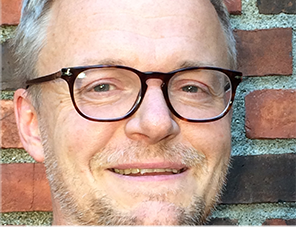The Leverhulme Centre for Wildfires, Environment and Society is collaboration between Imperial College London, King’s College London, the University of Reading, and Royal Holloway, University of London, funded by the Leverhulme Trust from 2019-2029. Our aim is to radically transform the scientific and practical understanding of wildfire, so that society can understand, predict and manage wildfire more effectively in the future.
Our collective expertise includes Earth system processes, numerical modelling, earth observations and data analytics, and geographies of land use. We were the first in the world to address the multi-scaled challenges of wildfire in a comprehensive, global and transdisciplinary context, bringing together all of these disciplines. Integrating approaches from the social and natural sciences, we are developing a new field of research in which understanding of the human, physical and ecological dimensions of wildfire will advance together.
Objectives and Research Themes
In the first five years (‘Phase 1′), from 2019-2024, the Centre’s day-to-day work was organised into four strands focusing on major topics of interest: Fire in the Tropics; Fire in the North; Fire at the Wildland-Urban-Interface; Fire in Global Systems. In the second phase of the Centre (‘Phase 2‘), from 2024-2029, we are working across six goal-orientated teams. However, underlying all our research are four key objectives:


These are being pursued through interdisciplinary, collaborative and participatory research, from the local to global scales, and by training a large cohort of early career researchers, thus nurturing a new generation of fire scientists.
Find out more
Find our more about our Centre through visiting the Research pages, our latest news, or downloading our “mid-term” report from 2023.
The Leverhulme Centre for Wildfires, Society and Environment is funded by the Leverhulme Trust, Grant No. RC-2018-023.



